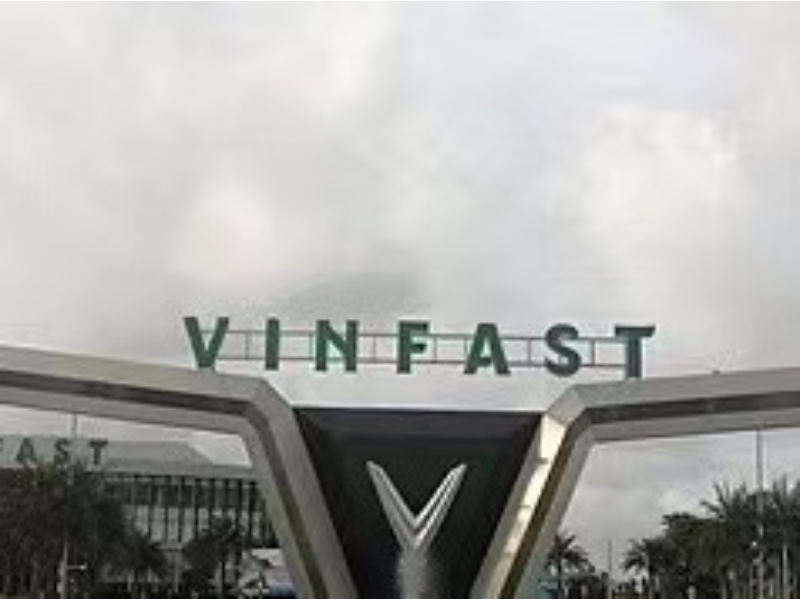- VinFast, the Vietnamese electric vehicle (EV) manufacturer, has announced a delay in the launch of its planned $4 billion factory in North Carolina to 2028.
- Despite VinFast’s optimistic forecast, the future of the business remains uncertain due to the fact that it is not yet profitable and the lowered expected number of vehicles.
OUR TAKE
Once touted as the future of automotive innovation, the EV industry looks uncertain. Despite its commendable 92% sales increase and the optimistic statement about the postponement, the revised delivery forecast from 100,000 to 80,000 units speaks volumes about the industry’s unpredictability.
–Ashley Wang, BTW reporter
What happened
VinFast, the Vietnamese electric vehicle (EV) manufacturer, has announced a delay in the launch of its planned $4 billion factory in North Carolina, pushing the date to 2028 from the original 2025. Due to the uncertainty in the global EV market, this decision comes alongside a significant cut in its delivery forecast for 2024, reducing the expected number of vehicles from 100,000 to 80,000 units.
Founded by Vietnam’s wealthiest individual, Pham Nhat Vuong, in 2017, VinFast shifted to producing fully electric vehicles in 2022.
In the second quarter of 2024, VinFast saw a 24% increase in sales, delivering around 12,000 vehicles, which contributed to a total of 21,747 units sold in the first half of the year. This figure represents a 92% increase compared to the same period last year but is only a quarter of the revised annual forecast.
However, VinFast has not yet turned a profit, and reported a net loss of $618 million in the first quarter of 2024. Although revenue nearly tripled from the previous year, it fell by 31% compared to the previous quarter. The company is scheduled to announce its Q2 results on August 15.
Also read: Challenges for autonomous vehicles
Also read: Is the electric vehicle charging station business profitable?
Why it’s important
Despite the challenges, VinFast remains optimistic about achieving strong sales growth in the second half of the year, driven by its diverse product range and expansion into new and existing markets. The delay in the North Carolina factory aims to optimise capital allocation and manage short-term spending more effectively, allowing the company to focus resources on supporting near-term growth targets and strengthening its existing operations, according to VinFast.
High borrowing costs and a shift in consumer preference towards cheaper gasoline-electric hybrids have led many automakers to reassess their plans. This delay could enable VinFast to better align with the Biden administration’s efforts to approve subsidies for EVs made in America, which could benefit the company in the long term.
However, the fact that VinFast is not yet profitable and reported a net loss of $618 million in the first quarter of 2024 is also worth noting. This precarious position challenges the sustainability of the EV market and raises concerns about the broader impact on other players in the industry.

